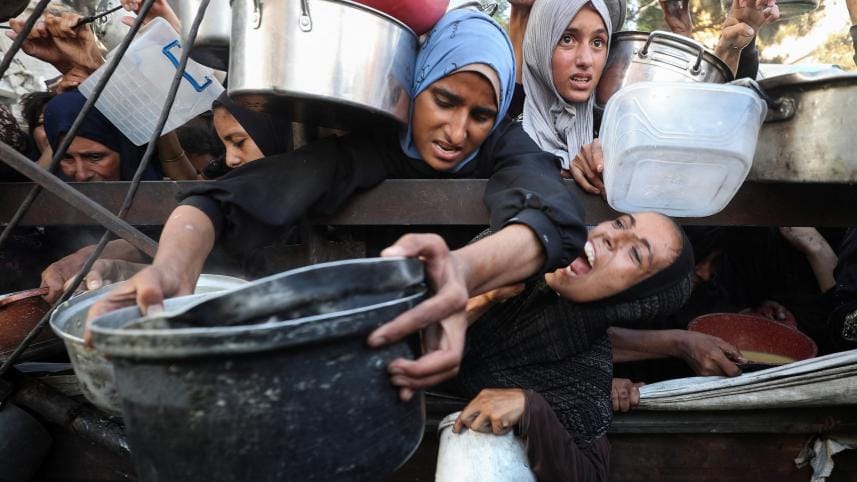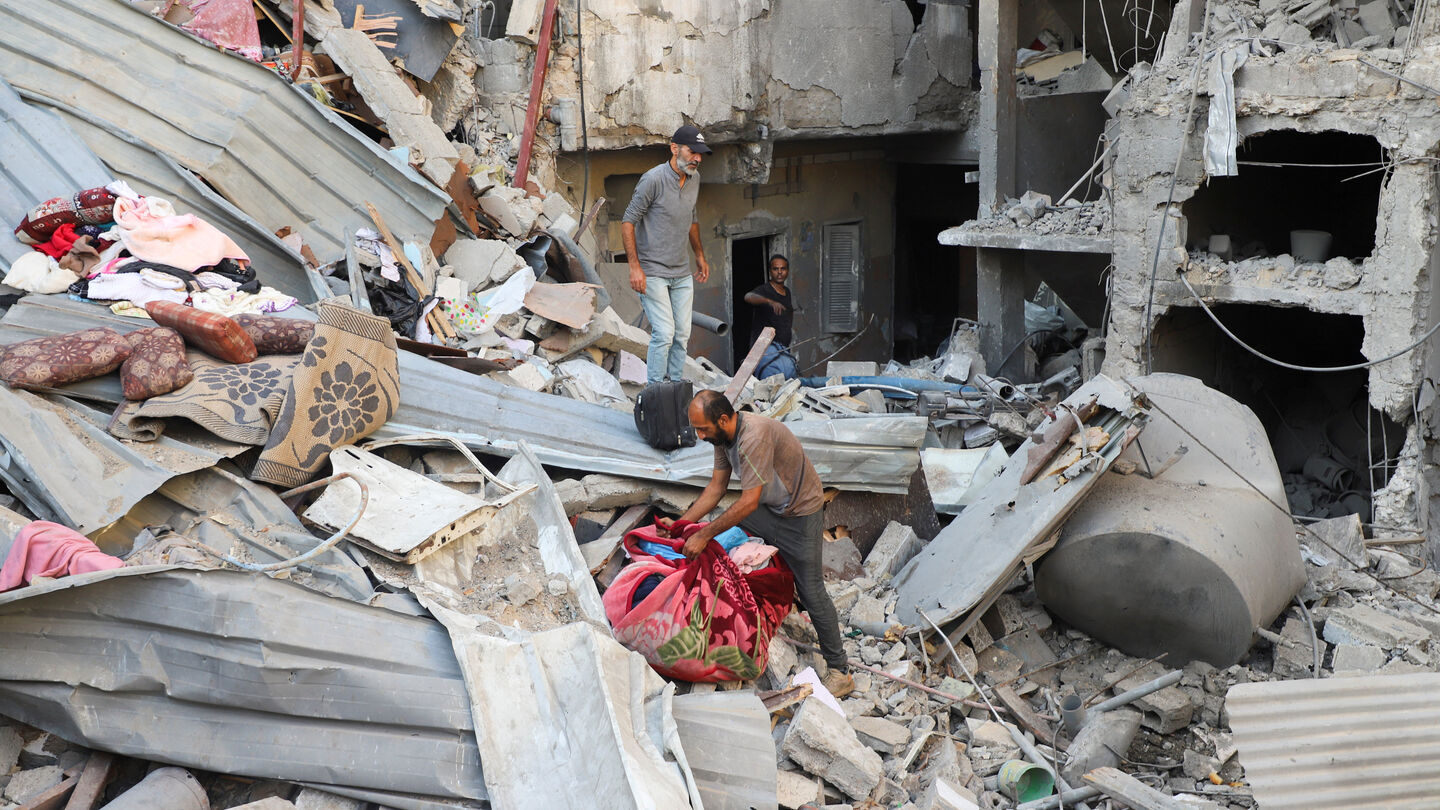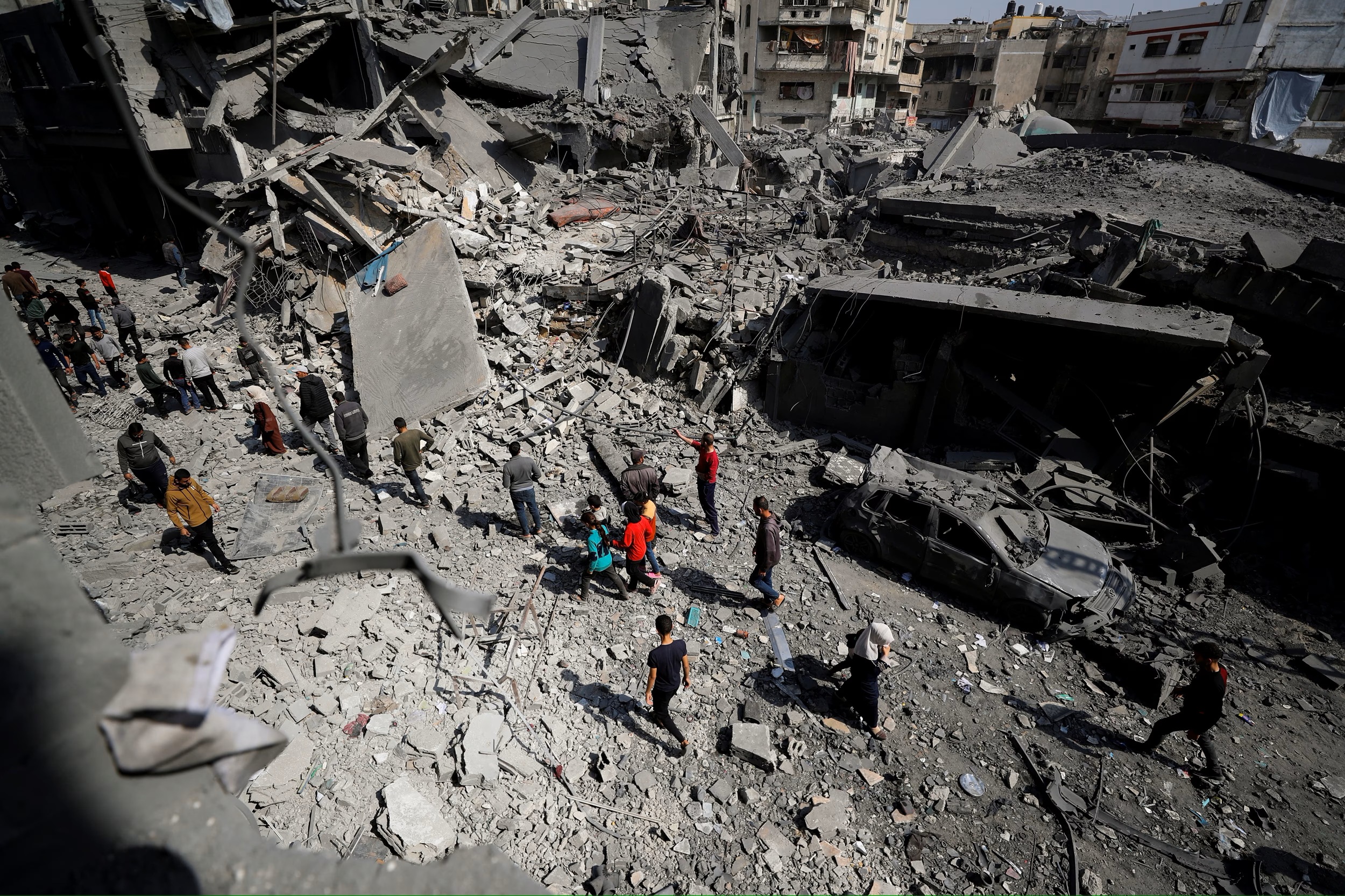Truth is defeating Israel’s monopoly over the victim narrative

After his speech at the UN General Assembly, Netanyahu met with a group of American digital influencers in New York. During this meeting, he declared social media platforms to be the "Eighth Front," calling them "the most important weapon" for maintaining Israeli influence in the United States. He singled out TikTok as especially strategic, asserting that controlling it would yield great impact, and said the same of the X platform. Calling these forums battlegrounds where competing narratives about Gaza and Palestine collide, he said that if influence is secured on these two platforms, Israel will gain "a lot." Seeking to convert influencers into what he termed "digital soldiers," Netanyahu insisted that the battle of consciousness is no less important than the military battle, and may be even more decisive in resolving international positions and ensuring continued Western support.
This strategy is hardly new in Israel's long-running narrative war. Since 1948, the Israeli discourse has dominated Western public consciousness, framed as a small Jewish state surrounded by "enemies" on all sides, facing existential threat. This narrative was adopted early by Western political, media, and technocratic institutions, represented by the adoption of European governments and successive American administrations, and has become the foundation for Western policy and media framing of the Palestinian issue. That dominance was crafted deliberately, with huge budgets, and channelled through pro-Israel lobbies directing funding toward decision-making centres, media organisations, and arts institutions, particularly cinema, which played a pivotal role in consecrating the image of Israel as a victim trapped in the midst of a hostile ocean.
These resources and networks have enabled Israel and its lobby groups to maintain deep influence within capitals such as Washington, Paris, and London. Major media outlets from The New York Times to The Washington Post, The Guardian to Le Figaro, have long echoed pro-Israeli narratives. In film and television, especially in Hollywood, the investment in imagery and storytelling has reinforced this bias. Palestinian, Arab, and Muslim characters are frequently portrayed as terrorists or backward, while Israelis are portrayed as a symbol of progress, modernity and democracy. These ideas have penetrated Western collective consciousness, hardening the visual memory of Palestine through the lens of the Israelis.
Israel also established its presence in digital spaces early and intensively. It created specialised websites and official social media accounts, and deployed organised electronic propaganda units enabled by bots (sometimes referred to as "digital armies") that publish targeted messages designed to influence Western, Arab and Muslim audiences. This digital machinery has long marketed the Israeli perspective by using psychological warfare, invoking the Holocaust and centuries of Jewish suffering to secure a justifiable framework for Israel's occupation of Palestine. Even major Western academic institutions have come under influence, funding programmes or research aligned with the Israeli narrative, and branding dissenting voices as antisemitic, which has been an effective weapon to silence their opponents. The West also punishes pro-Palestinian voices with threats of expulsion and sabotage of their future.
The strength of this narrative was particularly evident after the October 7, 2023, attack. Israel successfully framed itself in Western media as the victim under existential threat. Western media, driven by the influence of the Israeli lobby, even published false news in favour of Israel. Many agencies had to retract the news later, but the damage had already been done. The voices of Palestinians were muted, marginalised, and portrayed as doubtful or misleading. This replayed the old trope: Israel under siege, Palestinians as aggressors.
However, Israel's monopoly over the narrative began to falter with the continuation of its war on Gaza, as phone screens began to display a livestream of the destruction, killing, and displacement committed by Israel. Images coming from Gaza, of destroyed cities and children under rubble, of severe malnutrition resulting from the use of starvation as a weapon, brought deep doubt into the minds of millions around the world about the truth. Over time, Israel began to lose its ability to shape the narratives, as it could no longer deny the crimes and violations broadcast in real time, such as targeting schools, hospitals and refugee camps. This public exposure pushed Israel into a real dilemma: how can it defend its image as the victim while playing the role of executioner before the eyes of the world?
Here, social media was essential. Platforms such as TikTok, Instagram, X, and YouTube opened space for Palestinian voices, where activists, civilians, and journalists are posting minute-to-minute accounts of life under siege. Despite censorship, their accounts thrived. These voices pushed the Palestinian narrative to the forefront of the global media landscape and presented an alternative narrative that denies, or at least questions, the discourse promoted by traditional Western media funded in part or entirely by Israeli lobbyists. More importantly, these platforms succeeded in creating broad popular sympathy for the Palestinian cause and in rehumanising the Palestinians who have long been treated as numbers and portrayed as a security threat.
The impact of this transformation started to alter political discourse in many parts of the West. Opposition parties in several European countries began to adopt stronger criticism of Israeli policies, labelling them "war crimes" or "genocide." Some states have even openly declared recognition of the Palestinian state, reflecting the depth of the ongoing public shift in the narrative balance.
What we are witnessing today is a battle of narratives, in which Israel is no longer capable of absolute monopoly as it has been since 1948. The occupation's tools of money, media, powerful lobbies and political influence remain formidable, but they no longer suffice in the face of real-time exposure of the unimaginable violence it inflicts on Palestinians. The war in Gaza has demonstrated that Israel's narrative falls apart like a house of cards in the face of truth. Meanwhile, the Palestinian narrative, despite its weak capacity, can withstand and even gain new ground when it finds the right platforms.
Whether Thursday's ceasefire and hostage-release deal between Israel and Hamas, as part of US President Donald Trump's 20-point Gaza peace plan, holds or falters, Israel, long presented to the world as a permanent victim, now stands widely accused of crimes against humanity. Palestinians, long silenced in traditional media, are asserting their presence in a space no longer dominated by Israel. The war in Gaza is not merely about words or images anymore. It has become a battle for consciousness itself: the consciousness of populations, of policy makers, and of future generations. The balance of narrative is shifting, perhaps irreversibly, so that recognition of Palestinian rights is not just a moral or humanitarian position but rather a political reality that cannot be ignored.
Yousef SY Ramadan is the ambassador of Palestine to Bangladesh.
Views expressed in this article are the author's own.
Follow The Daily Star Opinion on Facebook for the latest opinions, commentaries and analyses by experts and professionals. To contribute your article or letter to The Daily Star Opinion, see our guidelines for submission.




 For all latest news, follow The Daily Star's Google News channel.
For all latest news, follow The Daily Star's Google News channel. 


Comments